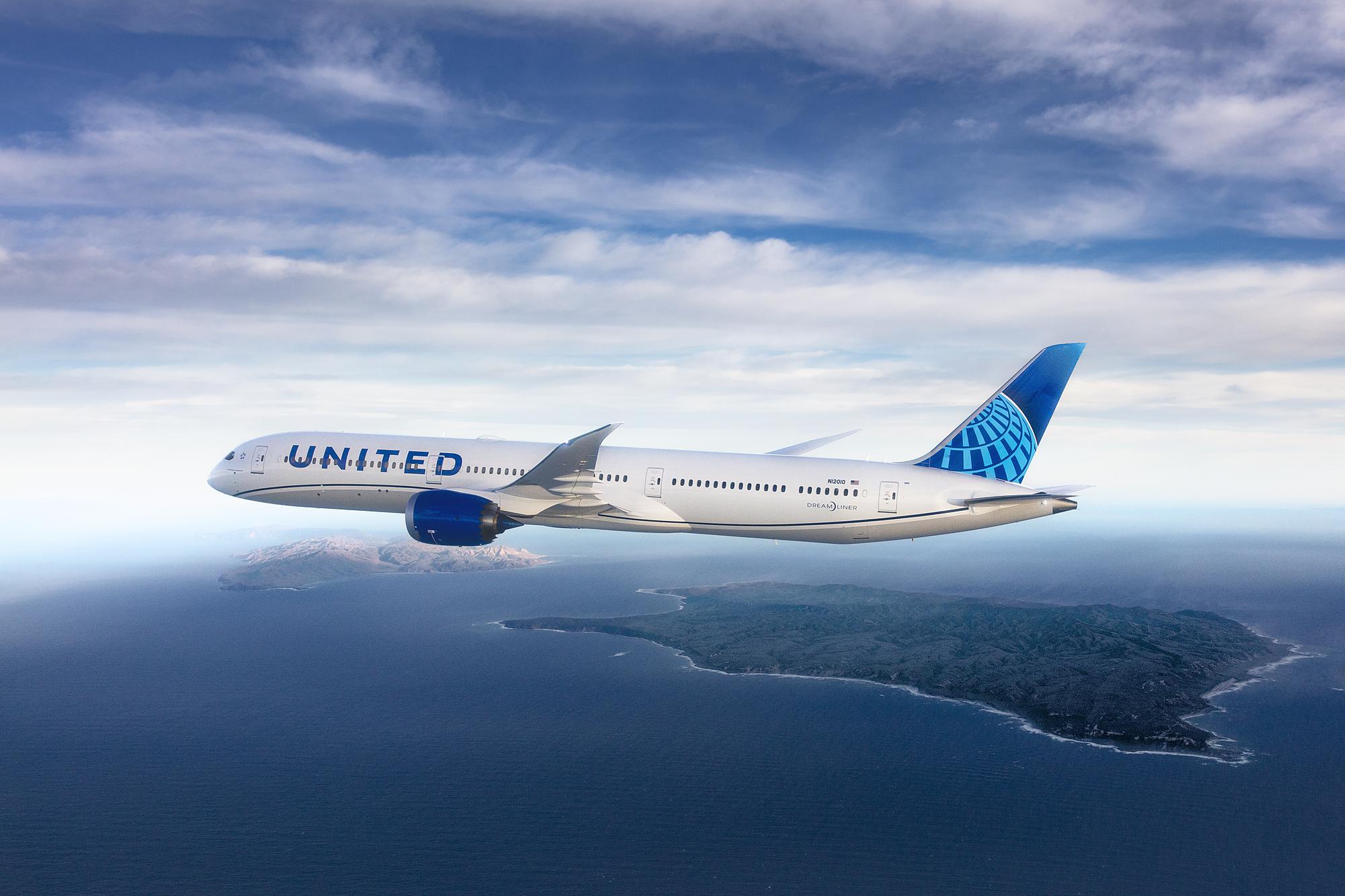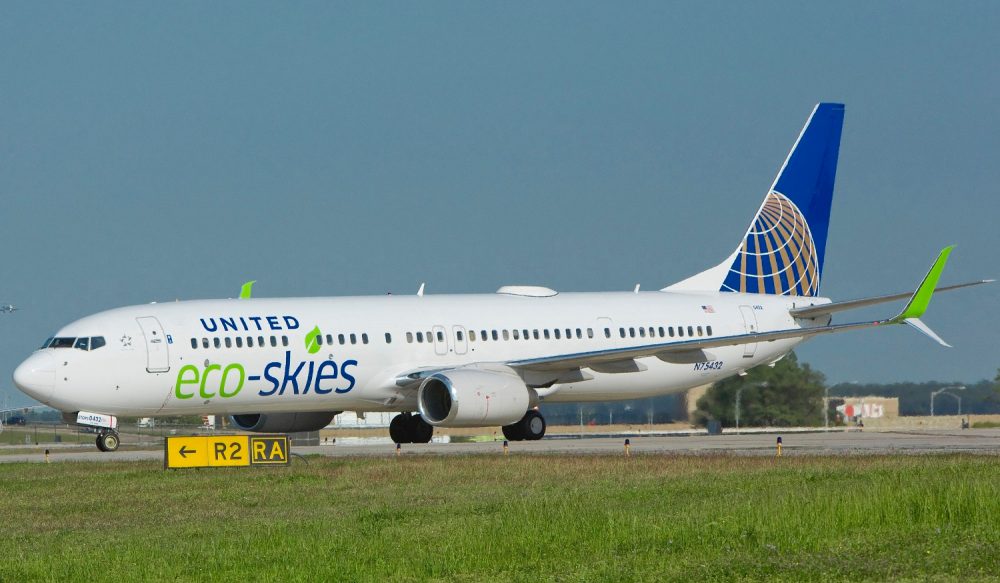With its nearly 80% emissions reductions on a lifecycle basis compared to conventional jet fuel, this is enough SAF to eliminate approximately 31,000 metric tons of greenhouse gas emissions, or enough to fly passengers over 220 million miles, according to United Airlines CEO, Scott Kirby.
“While we’ve partnered with companies for years to help them offset their flight emissions, we applaud those participating in the Eco-Skies Alliance for recognizing the need to go beyond carbon offsets and support SAF-powered flying, which will lead to more affordable supply and ultimately, lower emissions,” he said.
“This is just the beginning. Our goal is to add more companies to the Eco-Skies Alliance program, purchase more SAF and work across industries to find other innovative paths towards decarbonization.”

Inaugural participants include Autodesk, Boston Consulting Group, CEVA Logistics, Deloitte, DHL Global Forwarding, DSV Panalpina, HP Inc, Nike, Palantir, Siemens and Takeda Pharmaceuticals
Kirby said United has made the airline industry’s single largest investment in SAF and has purchased more SAF than any other airline in the world.
World Energy, a long-term partner of United, will supply the SAF to Los Angeles International Airport (LAX), which makes it conveniently accessible to United’s operations.
In addition to the Eco-Skies Alliance program, Kirby said United is giving customers the ability to contribute funds for additional SAF purchase or for use on initiatives United believes will help decarbonize aviation – the first of any U.S. airline to do so.

Strong federal and state policy leadership will be essential to reducing the climate impacts of air travel, so Kirby said starting immediately United will help individuals connect with elected representatives to advocate for policies that would make air travel more sustainable for the long term.
Kirby said United will be the first airline in the world to connect customers directly with policy makers to voice the support that is needed to advance and accelerate permanent, scalable solutions that hold the potential to decarbonize the air transportation industry – and not just offset emissions.
“We know there is a growing demand from a wide range of our customers including corporations, cargo shippers and individuals who share the same concern we do – that climate change is the most pressing issue of our generation,” he said.
United has also committed to become 100% green and reduce its greenhouse gas emissions 100% by 2050 by taking the “harder, better path of reducing emissions from flying, rather than relying on traditional carbon offsets”, according to Kirby.